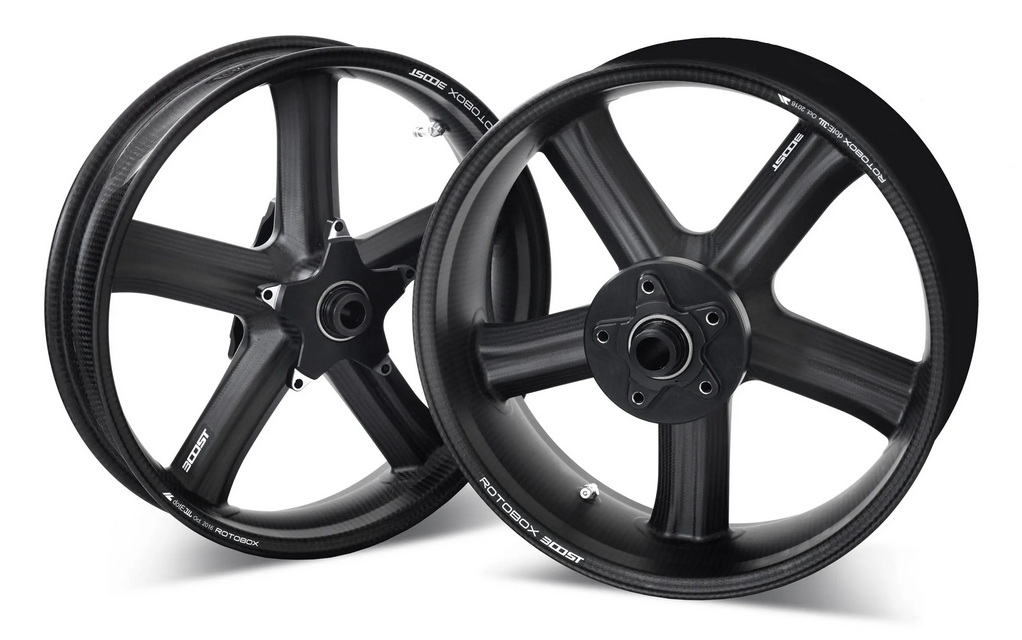Lloyd’s Register (LR) has awarded Approval in Principle (AiP) to Rotoboost, a Nordic hydrogen production company, for its pre-combustion Carbon Capture System (CCS) Rotobox. Rotobox uses thermocatalytic decomposition process (TCD) onboard marine vessels, where part of the natural gas fuel supply is converted into hydrogen and graphite with a liquid catalyst.
The TCD process significantly reduces CO2 emissions, particulate matter and methane slip by producing hydrogen while capturing carbon in its solid form. Rotobox has the capacity to reduce overall carbon emissions by up to 100%, depending on the heating method used. Converted hydrogen from the CCS can be used for fuel cells or as blend-in fuel for combustion engines or gas-fired boilers.
Rotoboost’s solution is easily scalable to meet future emission regulations, with lower electrical power requirements compared to conventional carbon capture systems and less storage space needed for solid carbon, allowing the system and associated storage to remain compact even for long voyages. The system is well suited to LNG carriers and other LNG-fuelled vessels, offering an additional option for shipowners for decarbonising.
The AiP validates Rotoboost’s CCS system as compliant with LR’s goal-based and comprehensive prescriptive requirements, marking a further milestone in the development of carbon capture technology.
Tags: CO2 Emissions, Lloyd’s Register (LR), Methane slip, Rotobox, TCD



Recent Posts
Robert Allan Ltd. to Design Fully Electric AmpRA 3600 Tug for Tianjin Port
U-Ming Marine Conducts First Bunkering of FAME B24 Biofuel
DNV Validates Electric Hydrogen’s HYPRPlant for Safety, Efficiency and Commercial Readiness
Nepal Eyes Green Hydrogen Future with Policy Push and Hydropower Potential
India Tests First Hydrogen-Powered Rail Coach at ICF Chennai
Scandlines Nears Delivery of Zero Emissions Ferry Following Successful Sea Trials
India faces emission roadblocks with rising net-zero demands
Green Energy Resources invests in two electric Liebherr LHM 550